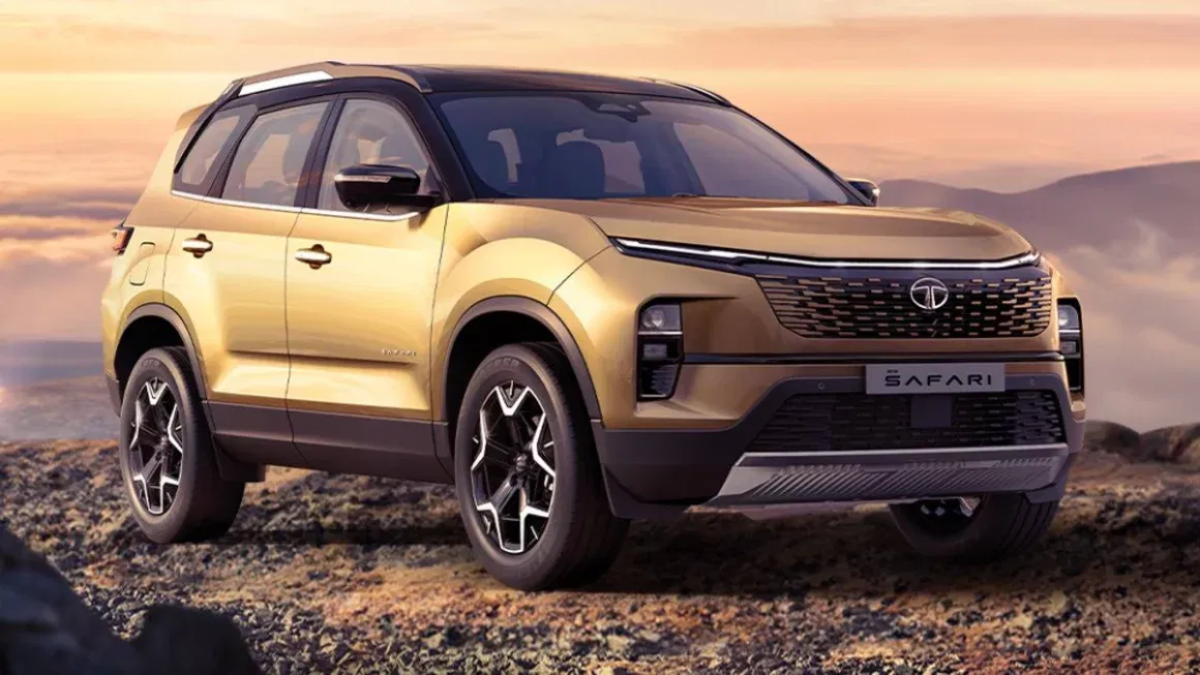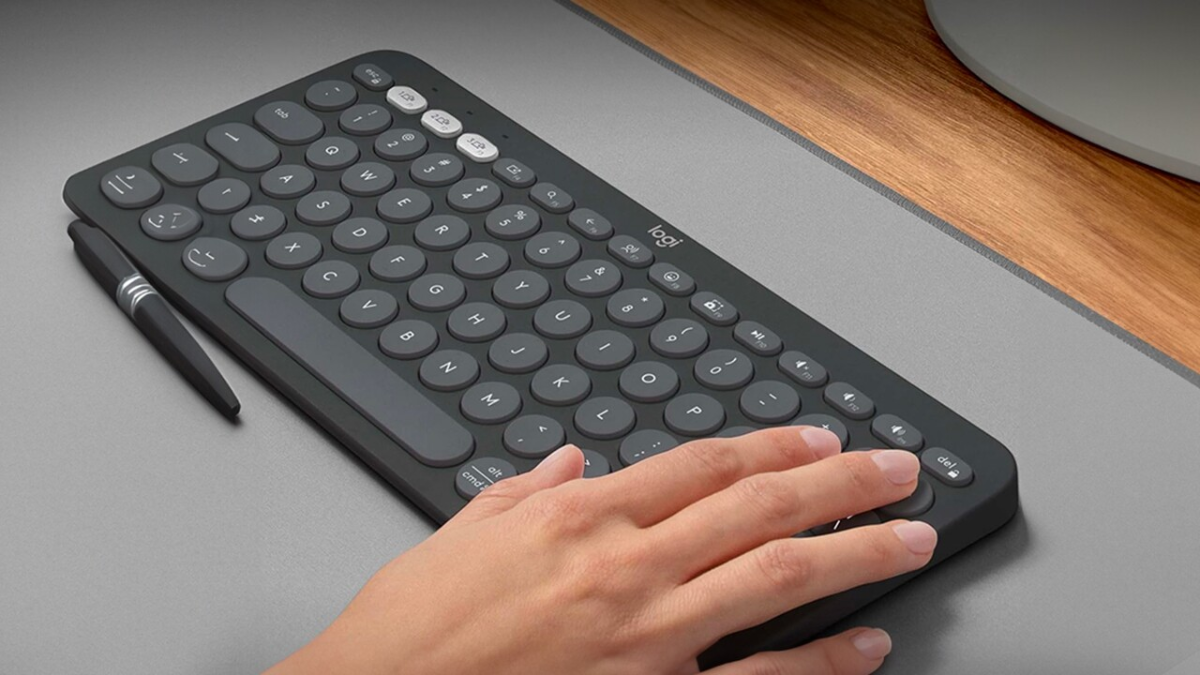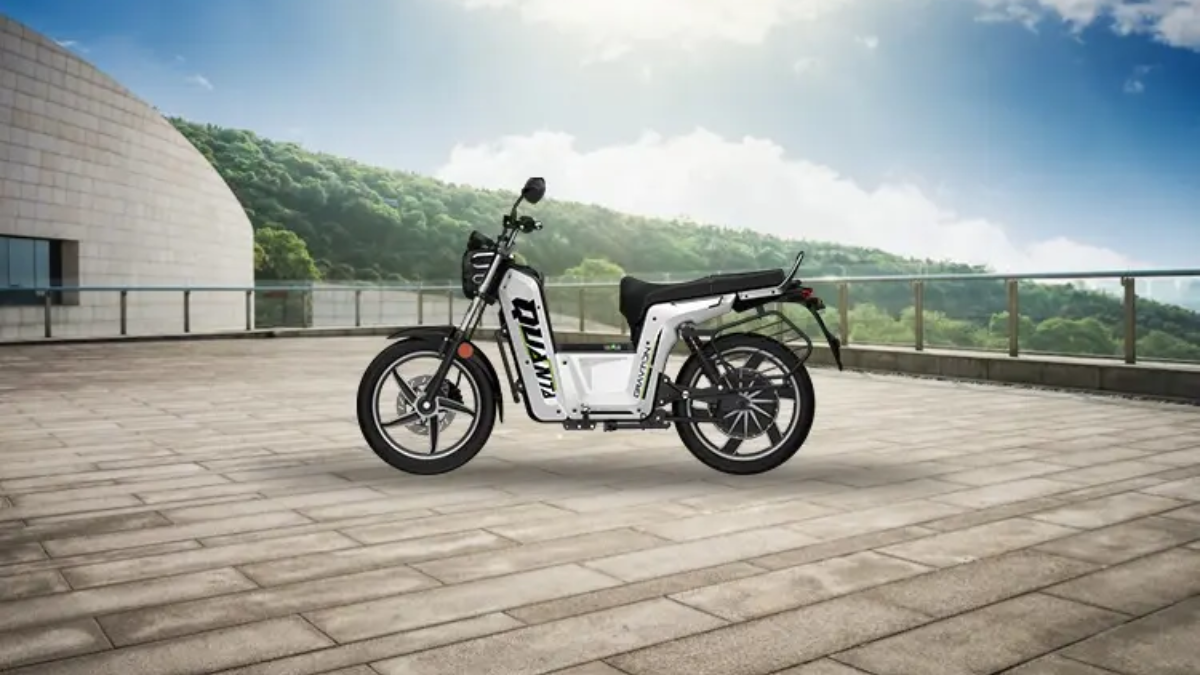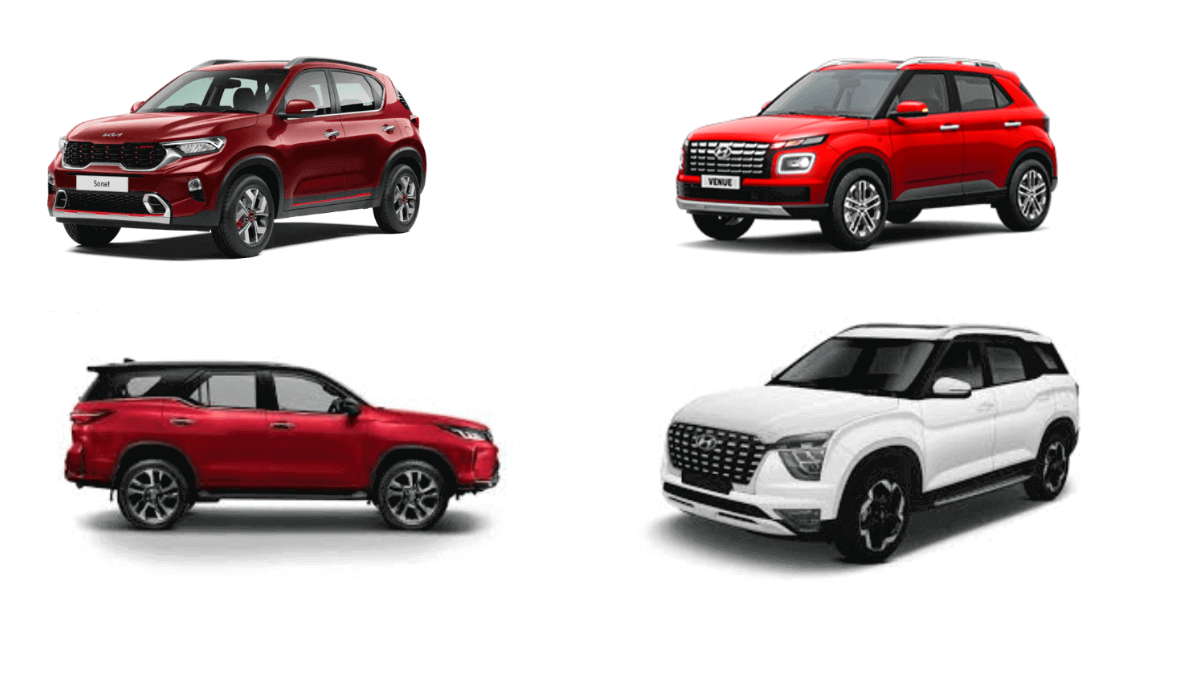In 2025, car safety has become a top priority for Indian buyers, thanks to growing awareness and stricter safety regulations. The Indian car market has evolved from prioritizing fuel efficiency and price to now including crash protection, advanced driver assistance systems (ADAS), and structural integrity. Organizations like Global NCAP and Bharat NCAP have raised the bar, leading to safer vehicles being launched by manufacturers. This article explores how safety ratings have improved, and highlights the top safest cars in India based on 2025 crash test results.
2025 Car Safety Ratings in India
Indian cars in 2025 are now subjected to dual safety assessments – the globally recognized Global NCAP and India’s own Bharat NCAP, launched in late 2023. These ratings include front and side crash tests, child occupant protection, electronic stability control (ESC) evaluations, and pedestrian protection. With growing awareness and stricter compliance, more cars are achieving 4-star and 5-star ratings. Unlike a few years ago when even 3-star safety was rare, 2025 has seen a significant number of vehicles crossing the 4-star benchmark, even in the affordable segment.
Top 5 Safest Cars in India (2025)
The list of safest cars in India has become more diverse, with hatchbacks, sedans, and SUVs all offering excellent safety features. Here’s a list of some of the best-rated cars in terms of crash safety and standard equipment.
| Car Model | Safety Rating | Key Features | Price (Ex-showroom) |
|---|---|---|---|
| Tata Safari Facelift | 5-Star (BNCAP) | 6 Airbags, ADAS, ESC, 360° Camera | ₹16.19 – ₹27.34 lakh |
| Mahindra XUV 3XO | 5-Star (GNCAP) | 6 Airbags, Level 2 ADAS, Strong Build | ₹7.49 – ₹15.49 lakh |
| Hyundai Verna (2023+) | 5-Star (GNCAP) | 6 Airbags, ESC, ISOFIX, TPMS | ₹11 – ₹17.42 lakh |
| Skoda Kushaq/VW Taigun | 5-Star (GNCAP) | 6 Airbags, TCS, Electronic Differential Lock | ₹11.99 – ₹19.74 lakh |
| Tata Punch EV (New) | 5-Star (BNCAP) | 6 Airbags (Top variants), Sturdy Platform | ₹10.99 – ₹14.49 lakh |
What’s Changed in 2025?
The major improvement in 2025 safety standards is the inclusion of mandatory 6 airbags in most new cars, improved body shell integrity, and wider availability of ADAS features like lane keep assist, forward collision warning, and adaptive cruise control. Government regulations and customer preferences are pushing even budget cars to offer better safety. Platforms like Tata’s ALFA and Mahindra’s new Gen-3 chassis are designed from the ground up to meet global crash norms.
Best Budget-Safe Car Picks
Safety no longer has to come with a high price. In 2025, even entry-level vehicles offer decent protection. The Tata Punch, Hyundai Exter, and Maruti Suzuki Fronx are great examples of compact SUVs that perform well in safety tests while staying affordable. These cars also include features like ABS with EBD, reverse parking sensors, and dual airbags as standard.
Car safety has taken a giant leap forward in 2025, with more models offering higher crash protection and advanced technology even in the lower price brackets. With both Global NCAP and Bharat NCAP pushing the envelope, manufacturers are rising to the challenge, ensuring that Indian consumers no longer have to choose between affordability and safety. Whether you’re buying a family SUV or a small city car, there are now plenty of safe options that offer peace of mind on Indian roads.
FAQ’s:
What is Bharat NCAP and how is it different from Global NCAP?
Bharat NCAP is India’s official car safety rating program launched in 2023. It focuses on crash testing vehicles sold in India under Indian road conditions, whereas Global NCAP is an international body testing global car models.
Are 6 airbags mandatory in all Indian cars in 2025?
As of 2025, most new car models come equipped with 6 airbags, especially in mid and top variants, due to regulatory pressure and increasing safety awareness.
Which is the safest car in India under ₹10 lakh?
The Tata Punch (ICE and EV versions) is currently among the safest under ₹10 lakh, with 5-star ratings in crash tests and solid safety features.
How are car safety ratings tested?
Car safety ratings are based on crash test results which include front offset, side impact, and pedestrian protection, along with safety features like airbags, ESC, and ISOFIX mounts.
















